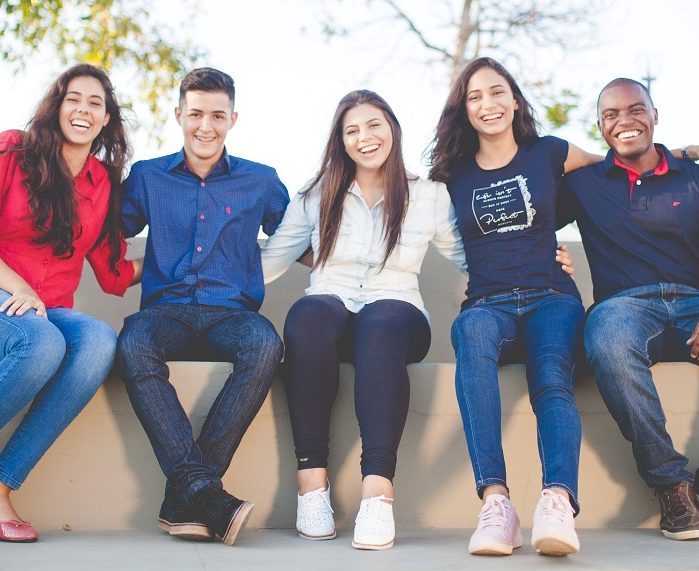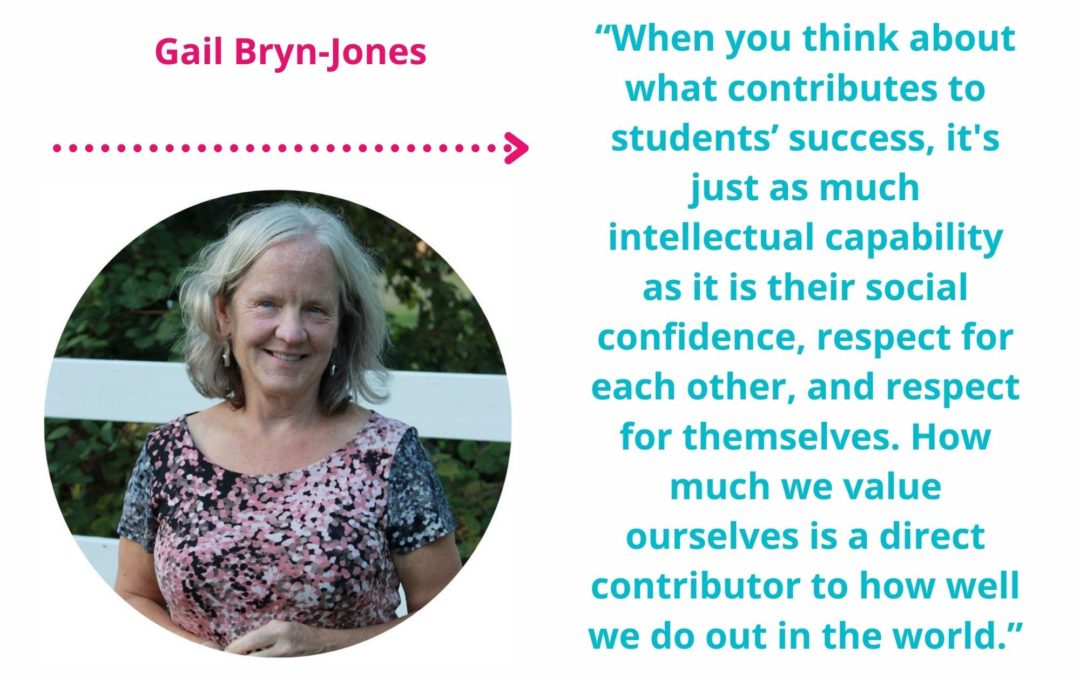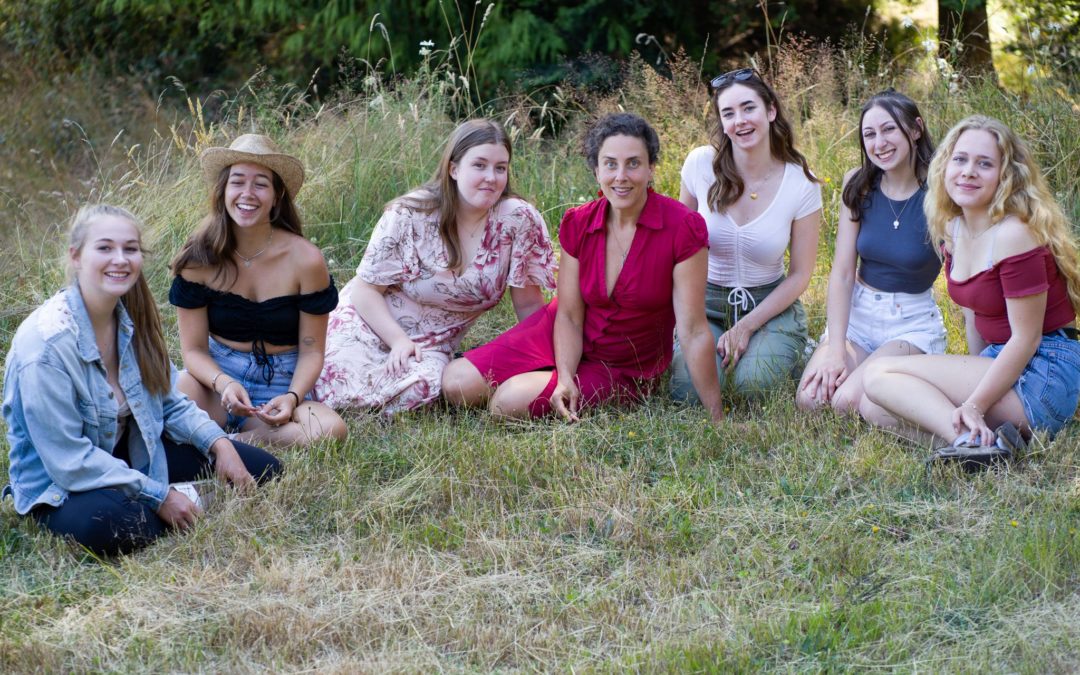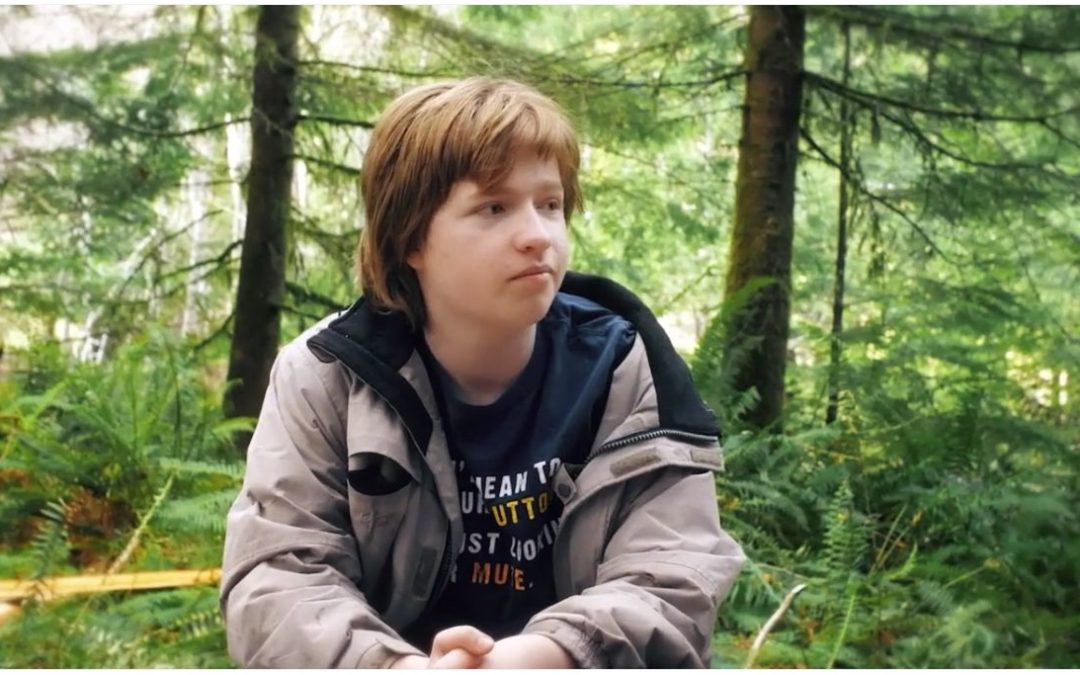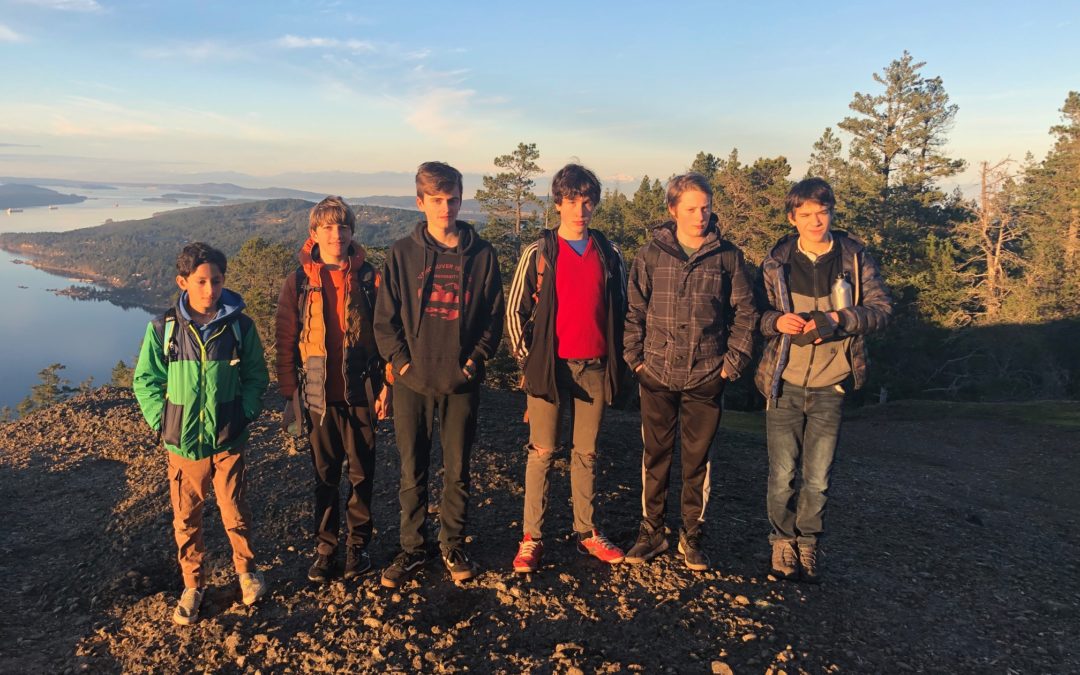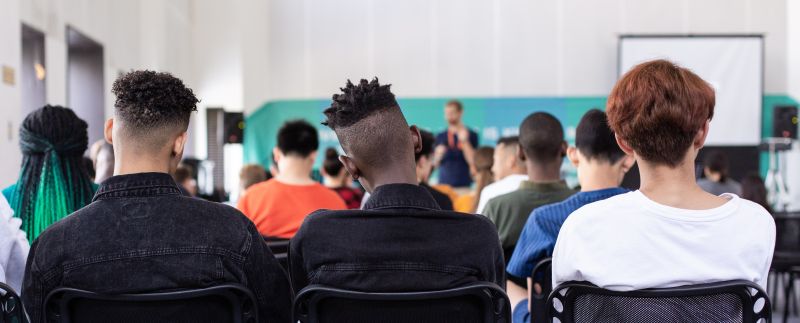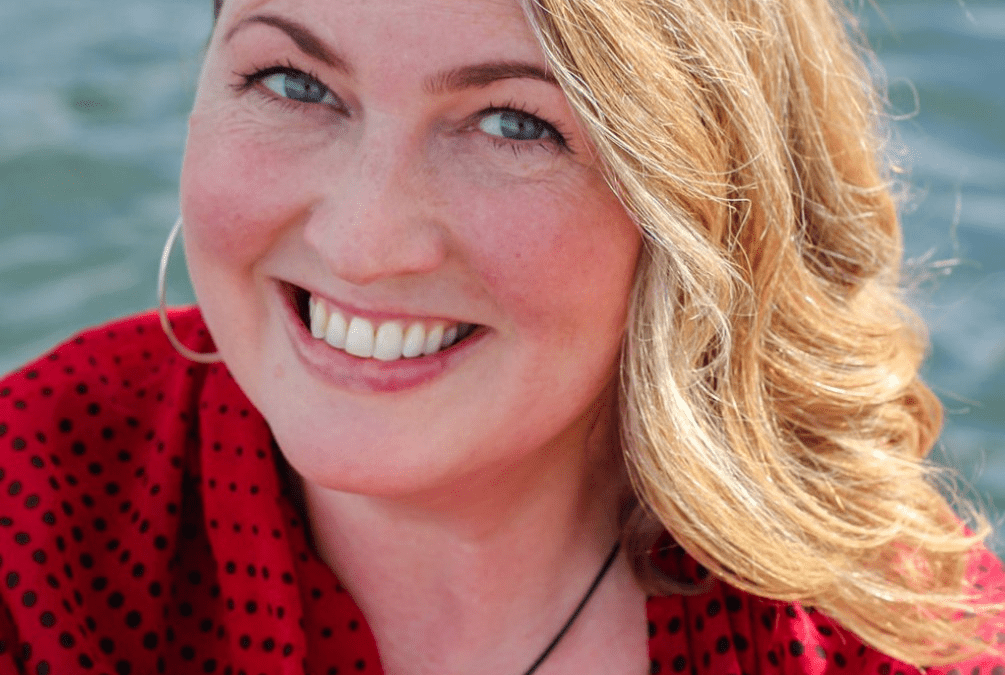
Technology use is now intertwined with our lives so much that we live in a culture where we are constantly being bombarded with messages from the media at an alarming rate. Our love of media is not a new one. According to the Halifax Insurance Digital Home Index, youth are now spending more time interacting with technology than they do with their families. But youth are not the only ones. The adults in their intermediate soundings are modeling this new behavioural trend. We use the media for various reasons: to entrain, distract, gather information, educate, socialize, advocate and to connect with others.
Media literacy in this new way of life means being able to deconstruct the messages, not just for ourselves, but also for others in our lives. By deconstructing the messages we understand the influence media has on culture and society and gain insight into the methods marketers employ to get our attention. It is then that we can recognize misinformation and ‘spin’. When we are able to achieve this we can better evaluate these messages, advocate for change and create and distribute our own messages. How do we get there? By asking a few routine questions:
- Who was the message created for and does the value system of the intended audience match the values conveyed in the message or is there a disconnect?
- Can you easily identify who is the creator of the message?
- Who is left out of the message?
- Who else other than the target audience stands to be influenced by the message?
- What are they trying to sell, inform or educate you about? Or simply put: what is the message telling me or leaving out?
- Can I easily verify these messages?
- What values or lifestyles are being portrayed or deleted in the message?
- In the case of TV advertisement, is the time of day fitting to the target audience?
- How does the message reinforce stereotypes?
- How can the message be interpreted differently by different segments of the population?
- How is the message constructed?
- And most importantly: do you agree with what you’re seeing? If not, ask yourself why and talk to people that you are connected to about it.
It is important, in the case of youth, that we take the time to help them critically analyze what messages they are receiving and how media can easily set trends for healthy and unhealthy lifestyle choices.
By Sharyn Carroll, R + R Facilitator
SWOVA – empowering youth for a better tomorrow

